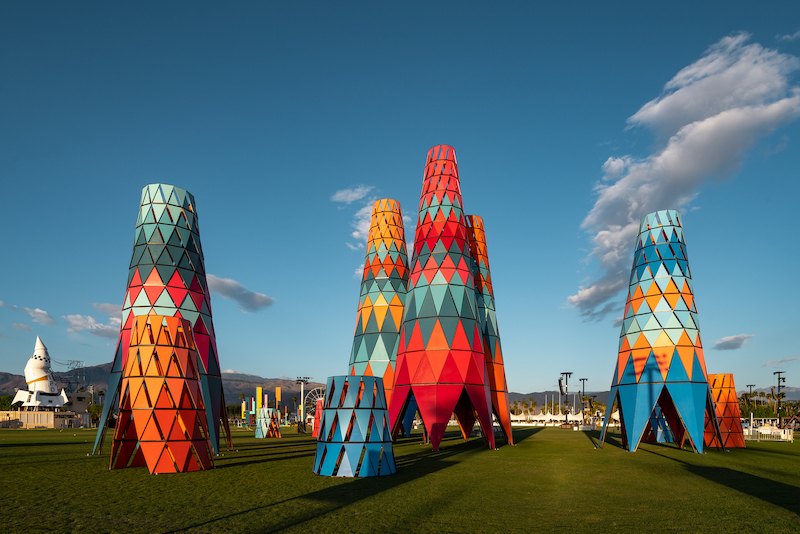To move forward, people need to be inspired: they need buildings that enhance their creativity and push them to take their future into their own hands.” Francis Kéré
Diébédo Francis Kéré is a Burkinabé-German architect who rose from humble beginnings in the village of Gando in Burkina Faso to being the first African to receive the Pritzker Architecture Prize in 2022 (often referred to as Architecture’s Nobel). He was recognized for creating contemporary architecture that feeds the imagination with an afro-futurist vision while using local knowledge and resources.
Although informed by tradition, as an architecture student in Berlin, Francis Kéré was eager to explore new modes of construction by developing innovative uses of local resources and participatory design methods.
In 2005, he founded the Kéré Foundation e.V to work beyond the boundaries of most established design practices to set his own precedents, bringing thoughtful, community-driven, sustainable design to fruition.
Through the Foundation’s projects, accessible vocational training, improved sanitary conditions, water management and reforestation were promoted. Each of the projects was carefully designed and executed, built on the founding belief that beauty has the potential to elevate and inspire.
His journey
As the eldest son of his community’s leader, he was one of the first children in Gando to be formally educated. To attend school, he had to leave Gando aged seven to live with relatives. After finishing his secondary education, he trained as a carpenter and won a scholarship to pursue an apprenticeship in Germany.
Propelled by a thirst for knowledge, he eventually enrolled as an architecture student at the Berlin Technische Universität. During this time, he began to reflect on how best to serve the community that raised him, and expected him to return.
In 2001, while still a student, he designed and raised funds for his first building, and first primary school in Gando. This became an important milestone in his architectural career, winning the prestigious Aga Khan Award for Architecture in 2004.
Francis Kéré sums up his work as being, “ … first and foremost a social instrument. Its cultural, economic and environmental building solutions are always underpinned by a social process.”

